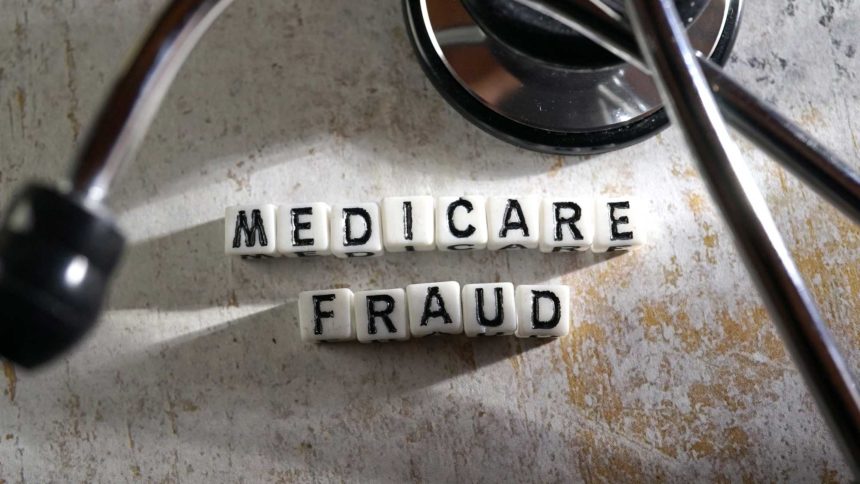
Skilled nursing providers will remain in the crosshairs as fraud enforcement picks up post-COVID, but it’s not just federal officials taking aim, according to one of the government’s top healthcare fraud attorneys.
Civil penalties have risen in cases in which the government decides not to intervene, Linda A. Wawzenski, warned assistant U.S. Attorney and deputy chief of the Civil Division for the Northern District of Illinois, last week.
So far in 2021, Wawzenski said, the top fraud categories include COVID-19, “telefraud,” kickbacks, private equity, opioids, EHRs, Medicaid, Medicare Advantage — and long-term care.
“The LTC area remains a subject of enforcement focus and appears to be generating inquiries in a variety of areas, including quality of care,” added Patrick S. Coffey, a partner at Chicago’s Husch Blackwell who often defends clients against False Claims Act allegations. “Despite the COVID-related immunities, the activities of late suggest an interest in potential ‘worthless services’ FCA claims.”
The total number of qui tam cases, those led by whistleblowers, is up nationwide, even though the government’s level of involvement has not increased significantly.
That shows the power of the relator’s bar, which has grown as the lucrative nature of whistleblower-led False Claims challenges became apparent, Wawzenski said. The pandemic itself likely will feed cases to plaintiffs’ lawyers specializing in civil healthcare fraud as employees and former employees bring concerns related to the delivery of care and spending practices since COVID-19 hit the U.S.
“There’s a lot more money that’s being pumped out because of COVID, pandemic funding and PPP, PRF money,” Wawzenski said during a panel discussion at last week’s American Health Law Association’s Virtual Fraud and Compliance Forum. “There’s bound to be more and more cases coming to the fore.”
The Department of Justice also has increased its false claims activity in non qui tam cases, but Wawzenski said some of that increase is attributable to newly clarified district-reporting requirements that add to their statistics over the last two years.
In 2020, the Justice Department initiated most of its criminal prosecutions in cases involving the use of opioids, telehealth fraud and COVID-19 fraud. Some criminal cases develop when a whistleblower comes forward with concerns, and in the case of a current employee, prosecutors can turn that individual into an insider willing to wear a recording device.
Wawzenski said that overall activity is up, as courthouses have reopened, investigators were given permission to return to the field, and many attorneys — including federal prosecutors like herself — mastered the ability to work from home during COVID surges.
Criminal and civil attorneys continue to work together to determine which enforcement route to pursue.
“We look at these things very carefully,” Wawzenksi said. “We can put an individual in jail, but we can’t put an entity or a company or a hospital in jail. On the civil side, we look to the recovery of money from the entity, most likely, and the criminal division looks to see whether or not there is an individual who could be subject to criminal prosecution as well as restitution.”




